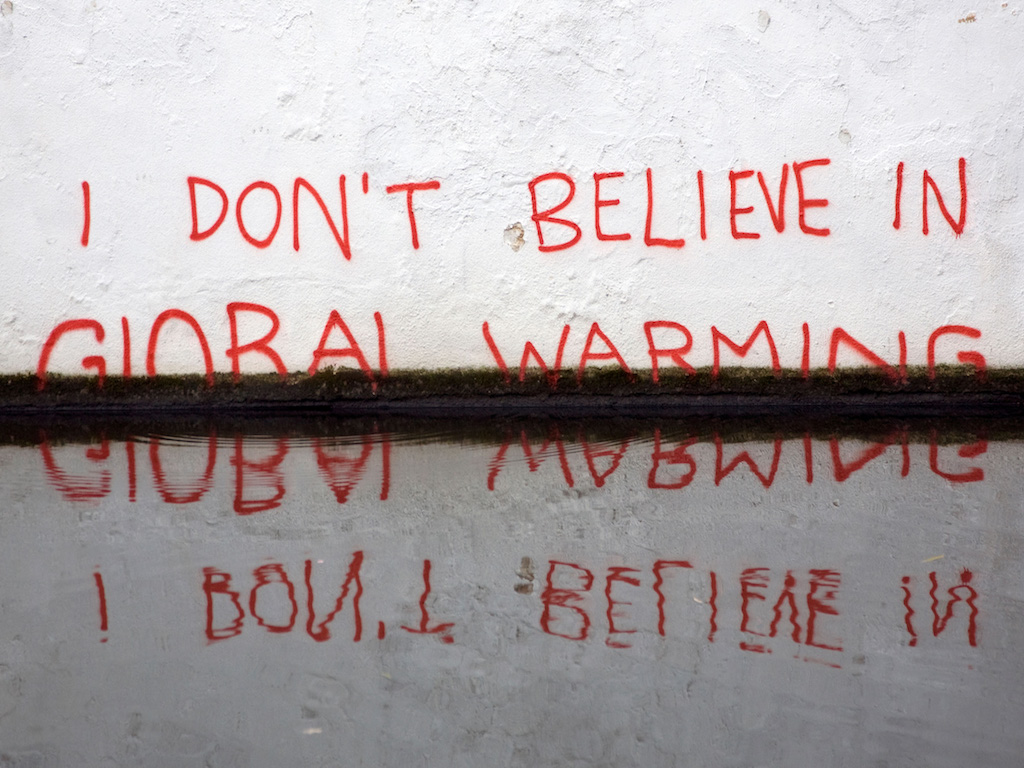5 Mins Read
Thanks to huge funding from the fossil fuel industry, anti-climate political lobbyists and irresponsible celebs, we live in an age where a section of the population is still in denial about our climate crisis. Although much of the public have become more aware about the depth of our planetary emergency, with growing student climate strikes, Extinction Rebellion protests and improved media coverage all helping to drive this shift, we still have a way to go to convince every single person to overturn their untrue perceptions. Based on an outline by Professor Mark Maslin in an op-ed for The Conversation, here are 4 untrue claims that climate deniers continue to believe, and how we can debunk each of them to stop any further delay to necessary global climate action.
1. Denial Over Scientific Studies
Climate deniers are convinced that all our current scientific discoveries revealing the severity of our climate emergency and the causes of global warming are unreliable. There are some unfounded conspiracies that suggest that scientists around the world are “fixing” data up.
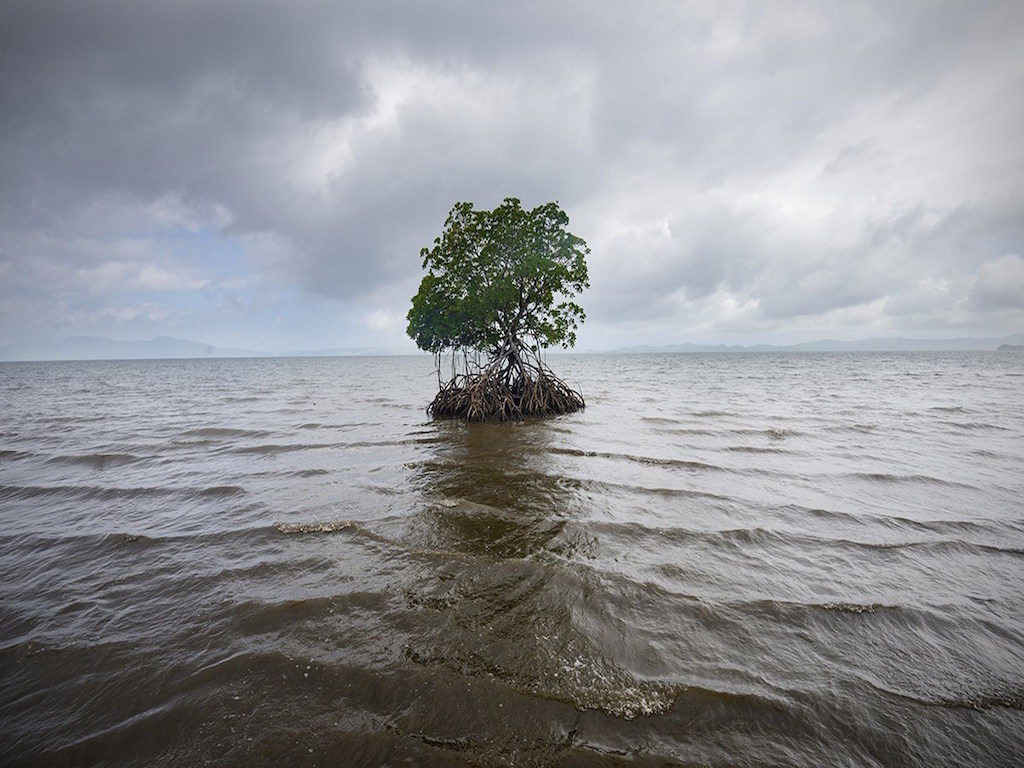
However, scientists all over the globe have repeated over and over again that there is no time to lose over climate change, and action must be taken now if human civilisation itself is to stand a chance. There is a huge consensus across the scientific community, from research labs to academic and banking institutions, all raising the alarm over the ecological damage we have done to our planet. Even the United Nations has published paper after paper highlighting the science behind global warming, mass biodiversity loss and extreme weather events, which all goes back to climate change. This has managed to change the minds of even some of the most hardline climate deniers, such a Nigel Lawson, who now agrees that humans are driving the death of our planet, but is simply concerned about the business cost of implementing environmental measures.
READ: The Single Biggest Threat To Asia & The Pacific Is Climate Change
2. Idea That Climate Change Is Too Expensive To Fix
Another common widely held misconception amongst climate deniers is the price of stopping climate change. Yes, many studies have estimated high figures for the monetary cost of solving our global crisis, but have at the same time warned that the price of ignoring it is even bigger. If we don’t act right now, it could cost us over 20% of our global GDP by 2050.
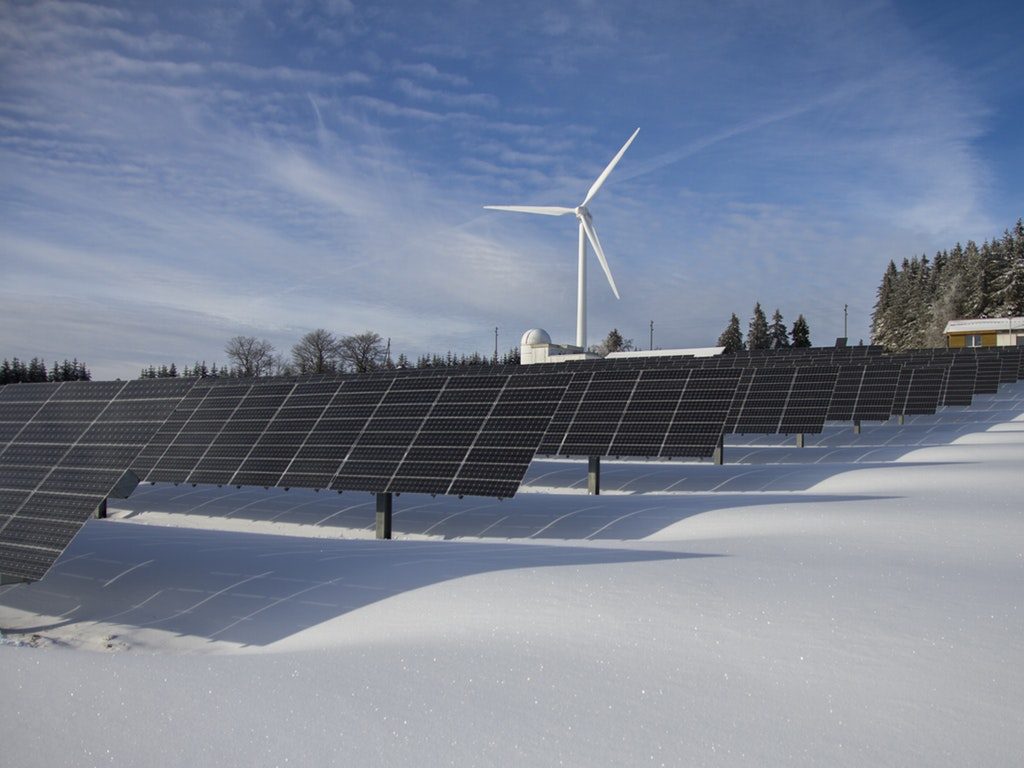
What’s more is that if we simply redirect some of the US$ 5.2 trillion in subsidies and tax cuts that governments continue to supply the fossil fuel sector, which is at the centre of spewing out massive amounts of carbon emissions that drives global warming, we could make a big difference. This number that the industry receives amounts to 6% of global GDP, and according to the Climate Central, if we just set aside 1% of the world’s GDP for climate action, we could lower carbon emissions, reduce air pollution deaths and increase government revenue to be put aside for the green economy and health sectors.
READ: Why Divestment From Fossil Fuels Needs To Happen
3. Delusions Over The Human Cost Of Climate Inaction
Some climate change believe that climate change can be “good” for human beings because longer and warmer summers will make farming more productive, and can help decrease the number of people who die due to the cold in the winter months.
However, at our extremely alarming rate of temperature rise, we’re seeing drier summers, increased frequency of deadly heatwaves and droughts in many temperature zones where much of the world’s agriculture takes place. By 2050, the changing climate could mean the end of crucial food staples for huge populations, from rice to bananas and potatoes, triggering massive food insecurity.
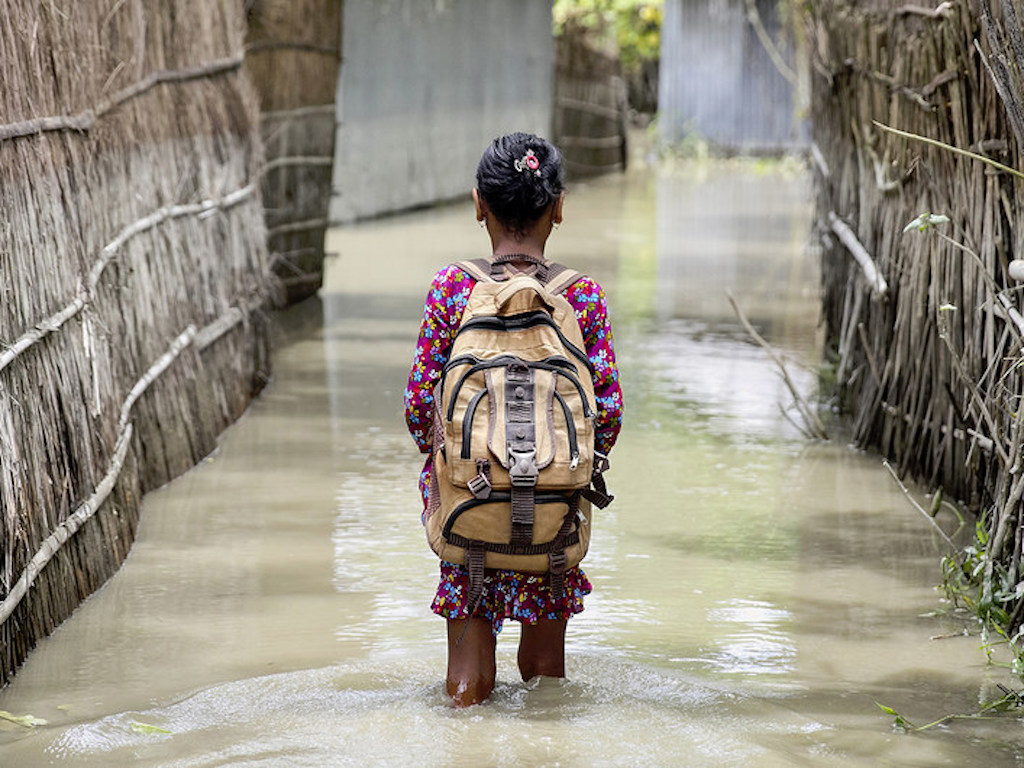
In terms of global warming potentially bringing down the number of cold-related deaths, this is a societal inequality issue rather than a climate one. With adequate shelter and housing available for all people, many of these related deaths and injuries would be significantly reduced. In addition, heat-related deaths are four times more likely to happen than cold-related ones, which makes it a crucial issue to prioritise if we are to save human lives.
READ: 5 Foods You Eat Everyday Could Disappear Because Of Climate Change
4. The Free Rider Argument
Some of those working to delay action on climate change premise their argument on the claim that some other countries are not taking action. Given the historical legacy of greenhouse gas pollution, the amount of pollution caused by developed countries far outweigh that of developing nations. And current figures suggest that many of the biggest emission polluters in the world are not taking enough steps to curb their carbon footprint, such as the United States who have pulled out of the Paris Agreement.
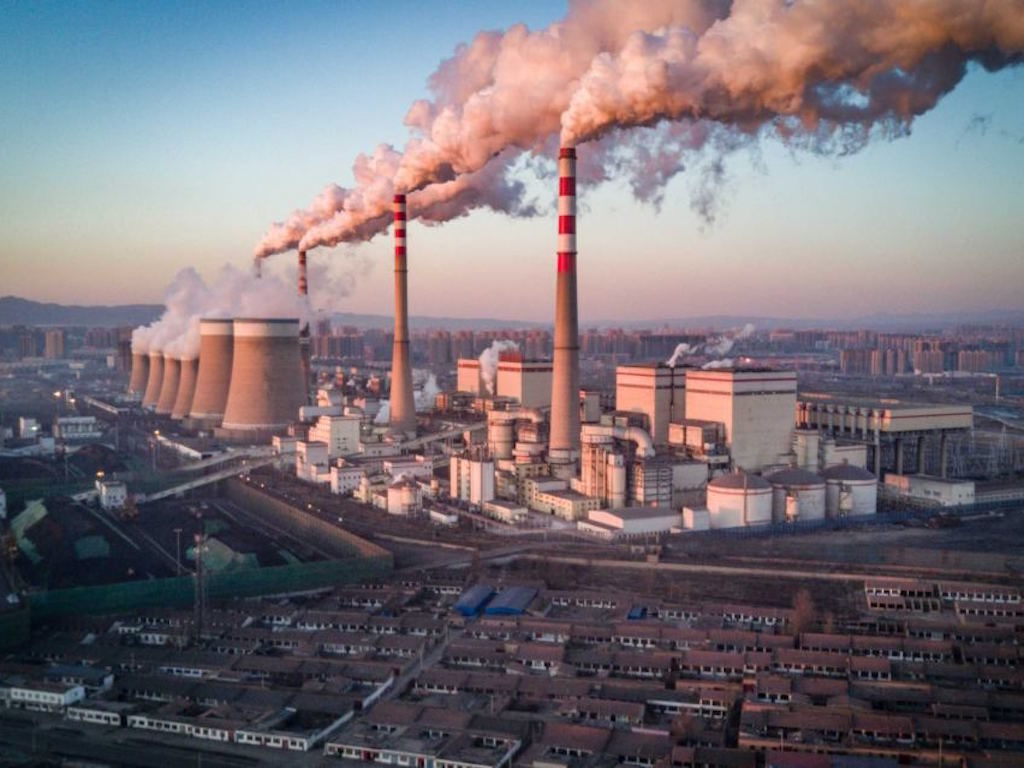
Even so, every single country needs to act on climate change if human civilisation itself can be sustained. The Energy & Climate Intelligence Unit reported that the entire world needs to go carbon zero by 2050 to stand a chance. There is simply no time to argue about delegating different responsibilities – every single country has to step up.
READ: UN Chief Says We All Need To Quit Addiction To Coal Now Before It’s Too Late
Lead image, street art attributed to Banksy, courtesy of Jeffrey Blackler / Alamy Stock Photo.


